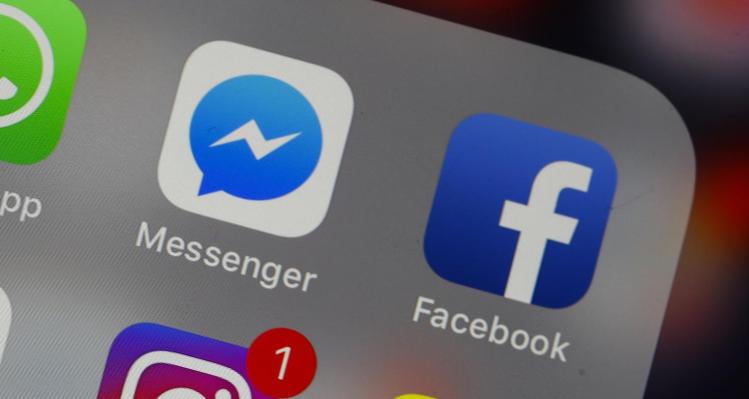
Fun fact: Snippets of your Alexa conversations may be heard and read by thousands of Amazon employees. According to recent reports, Amazon has an international team of employees who work to help Alexa better understand your many commands and develop new ways for the AI to interact with users. This requires them to listen to snippets of what your Echo speakers and other Alexa devices are recording. Sounds eerily familiar to us.
Not only are real people listening to you talk to (and around) Alexa, but the conversations they listen in on are being transcribed and annotated by Amazon’s employees. These transcriptions are then used to “teach” the Alexa AI to recognize more commands.
If you’re sketched out by this, we understand. Especially since what you say is only kind-of, sort-of associated with your account, as Bloomberg describes:
“A screenshot reviewed by Bloomberg shows that the recordings sent to the Alexa reviewers don’t provide a user’s full name and address but are associated with an account number, as well as the user’s first name and the device’s serial number.”
While you’ll never be able to stop Amazon employees from listening in on whatever you say to your Alexa, you can at least turn off any features that make this easier. For example:
- Open the Alexa mobile app
- Tap the Menu button in the upper-left of the screen
- Go to Alexa Account > Alexa Privacy > Manage how your data improves Alexa
- Turn off “Help develop new features” and “Use messages to improve transcriptions” for all profiles on your account
Advertisement
Bloomberg notes that Amazon’s team might still analyze your Alexa recordings “by hand,” but this at least opts you out of some facet of Amazon’s voice study. The only real solution at this point is to ditch your Amazon devices altogether, but adjusting these privacy settings should hopefully help keep unnecessary third parties out of your business a little bit.
https://lifehacker.com/prevent-amazon-from-eavesdropping-on-your-alexa-convers-1833974108
2019-04-12 13:30:00Z
52780267194759





